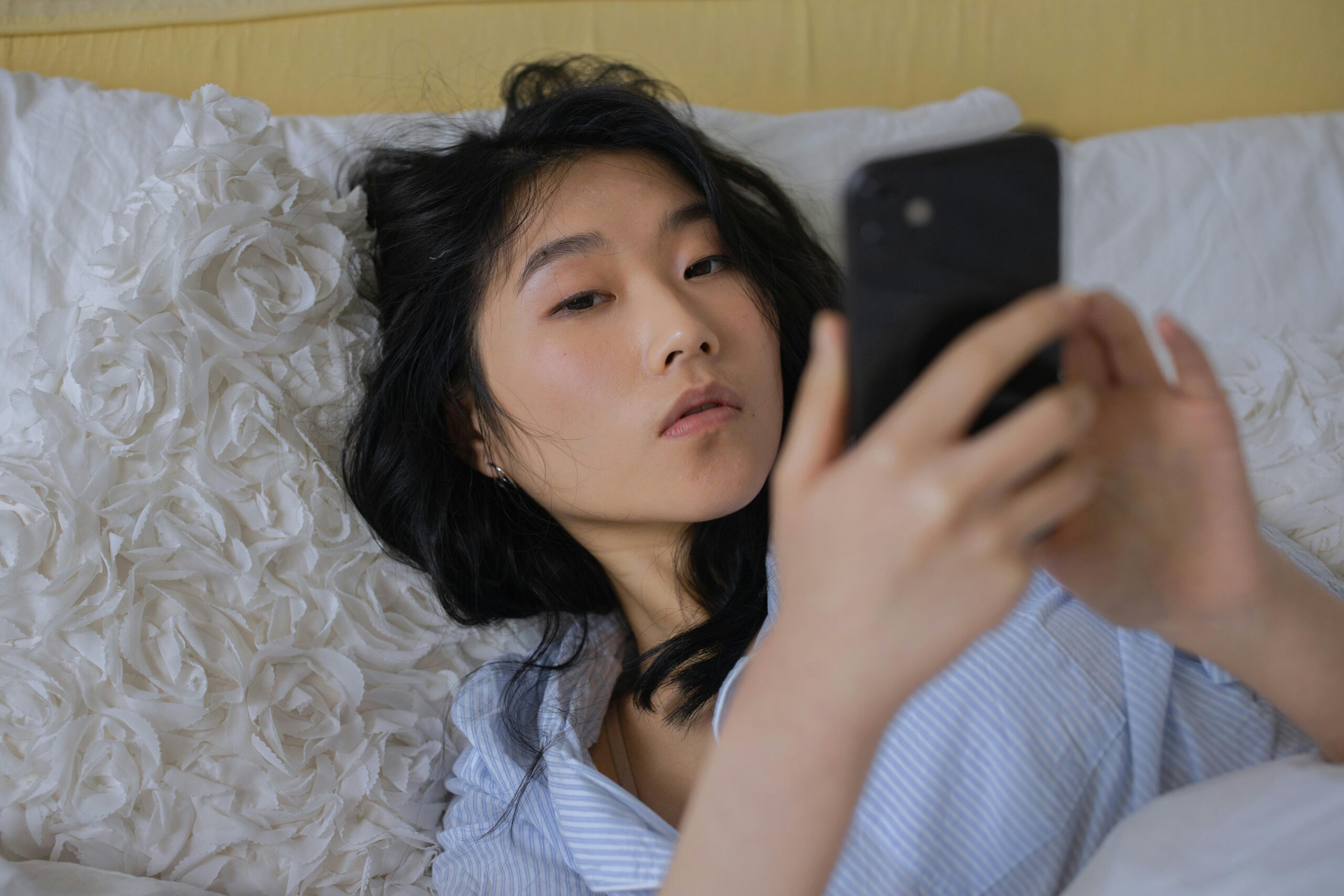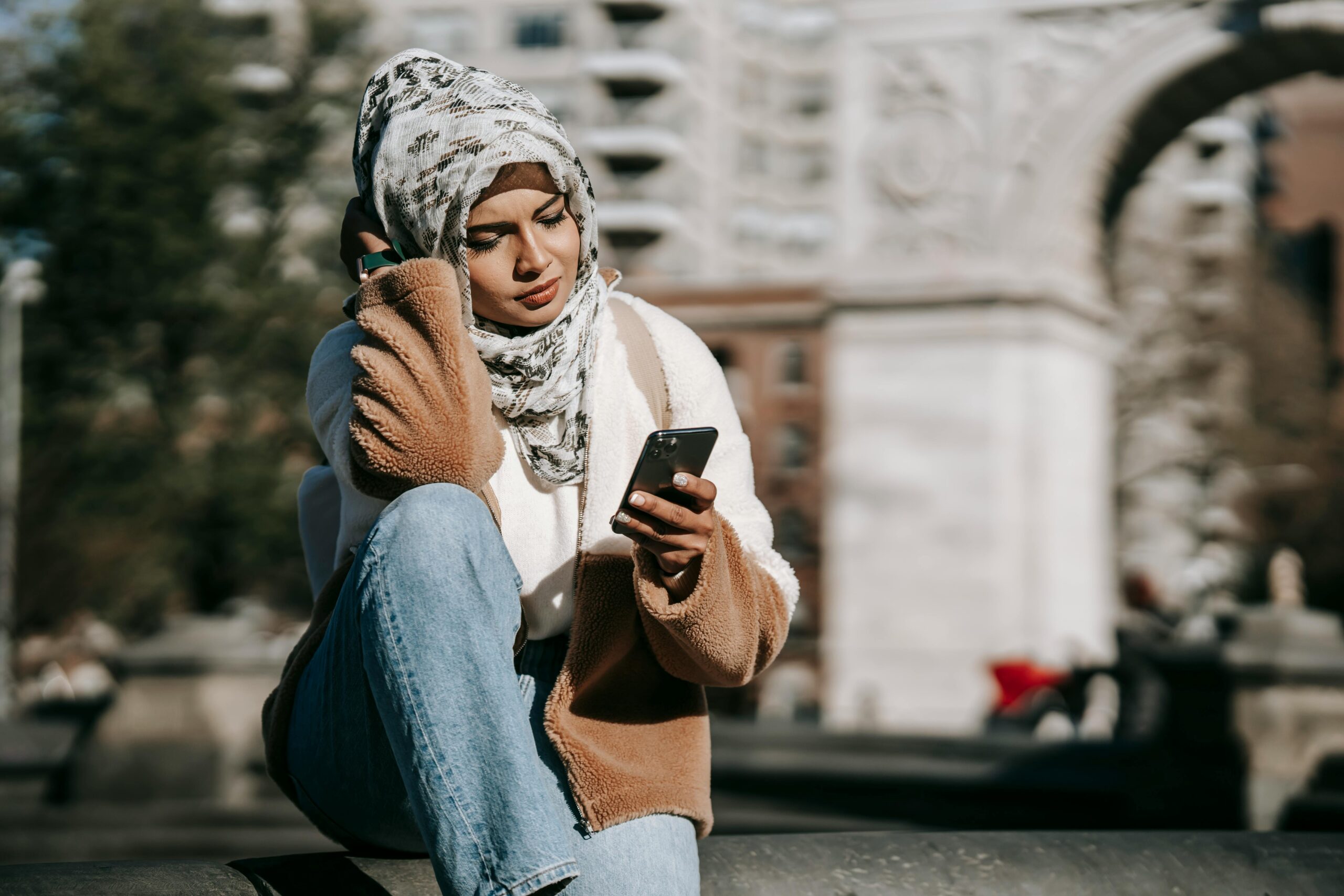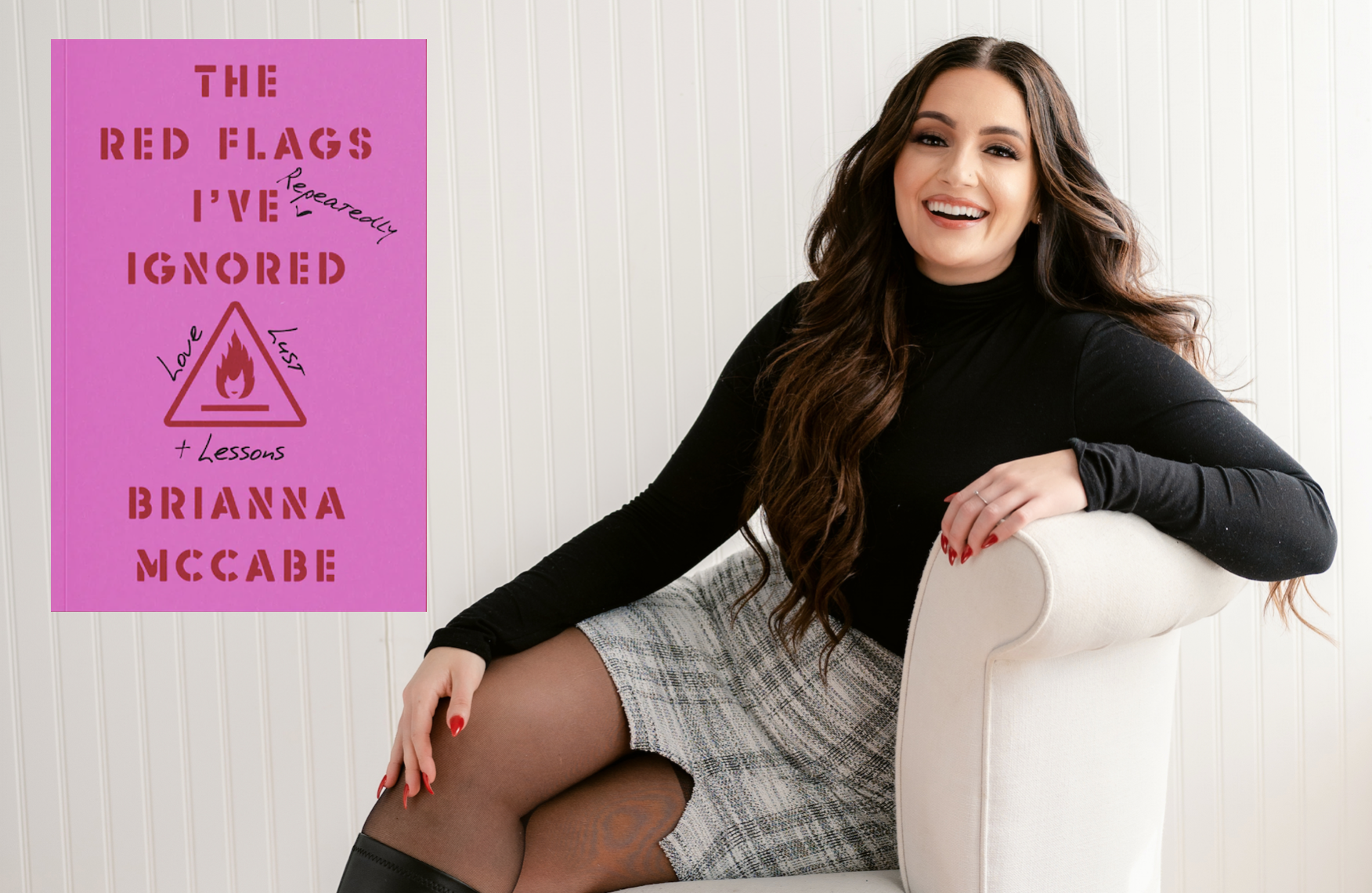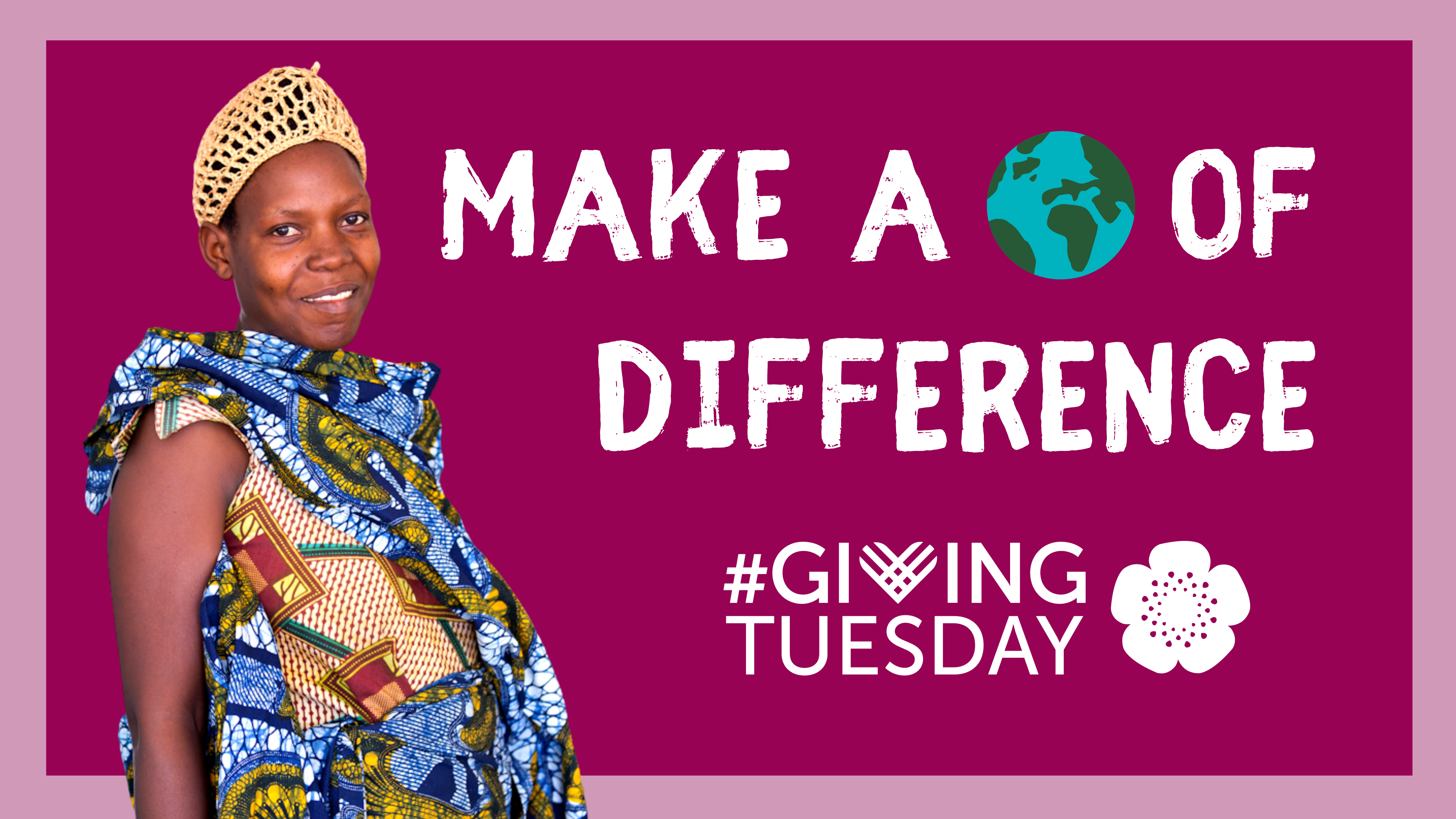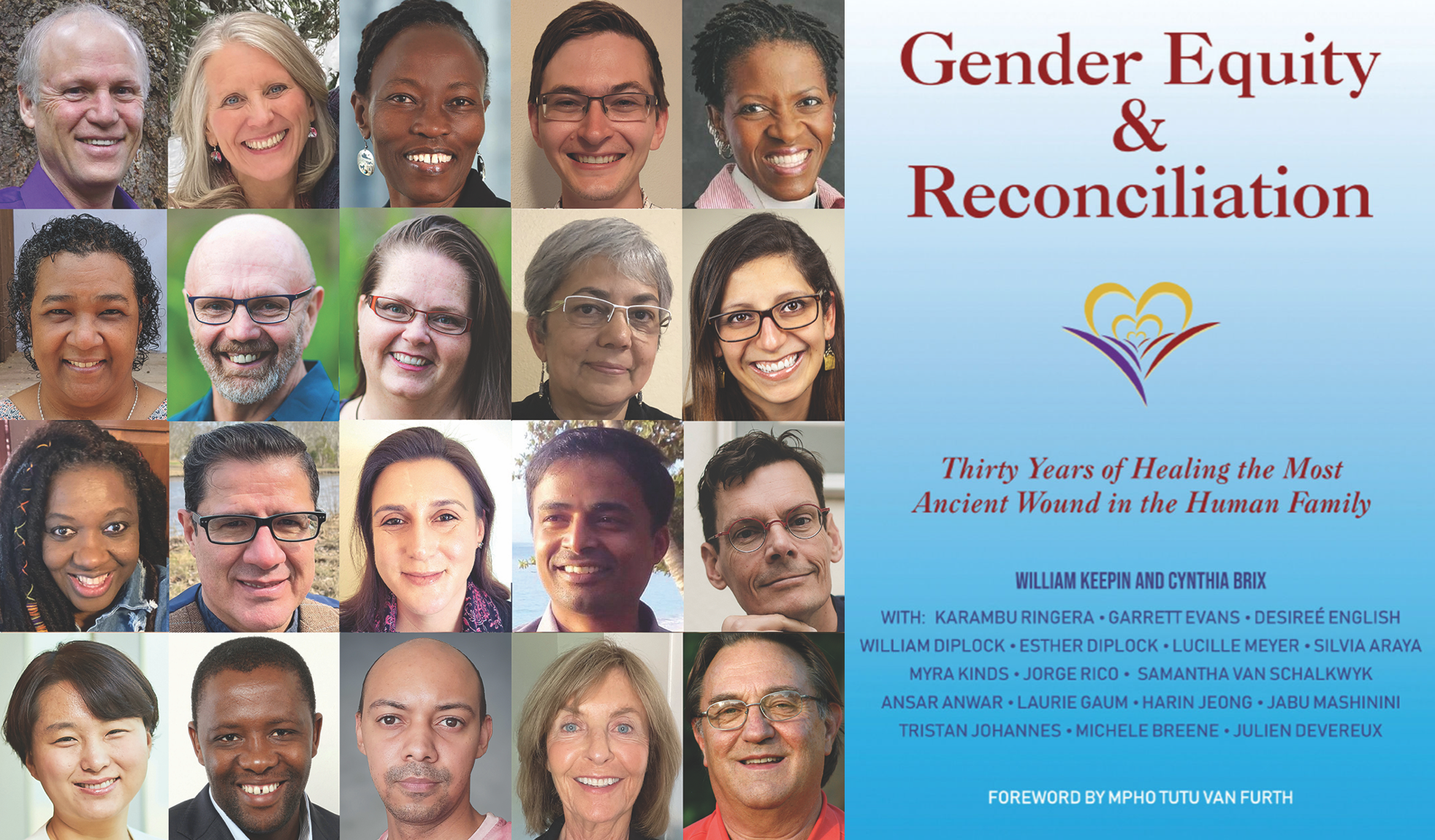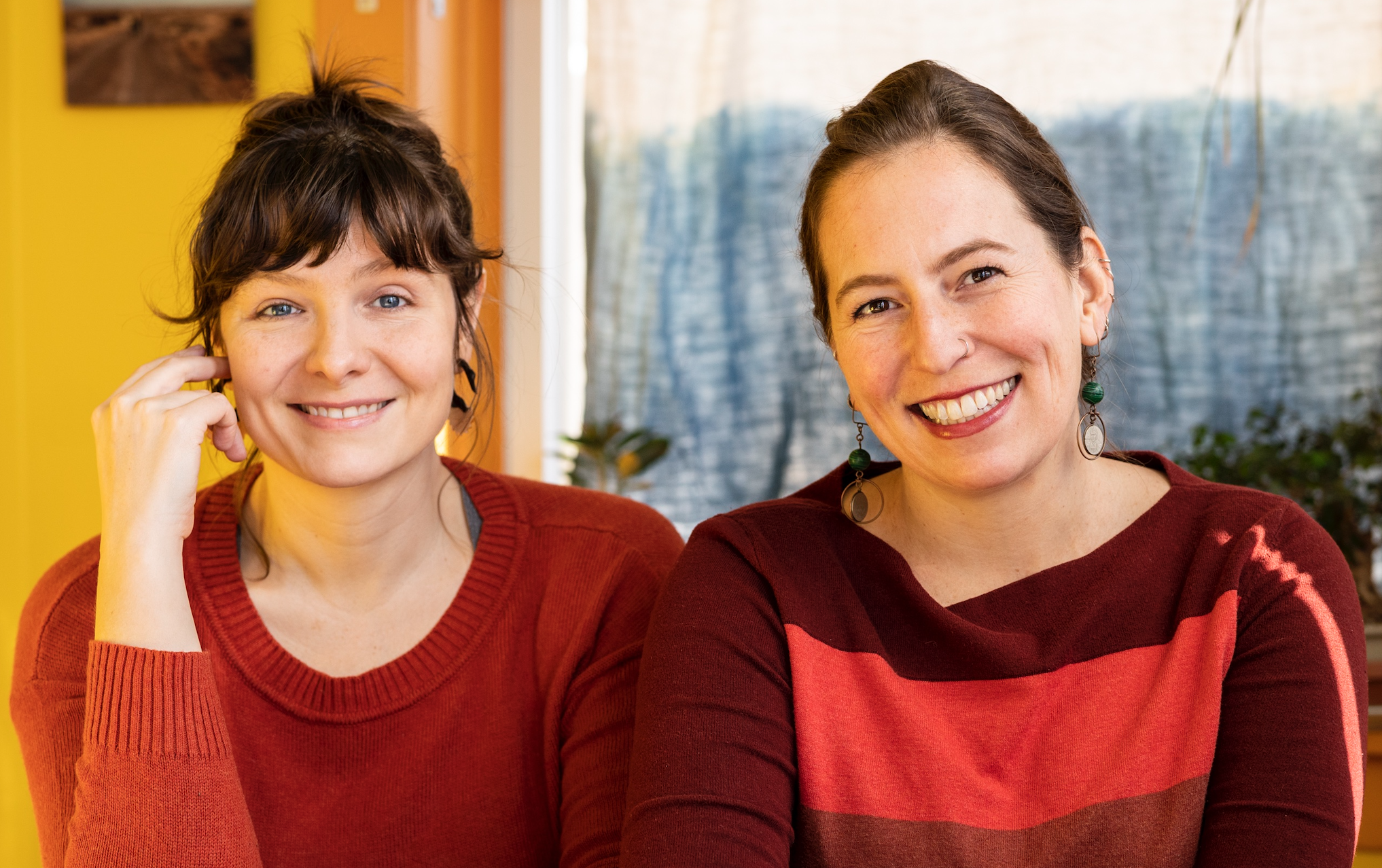If someone asked you what your mother’s name was, you’d have no trouble answering their question. It doesn’t seem like the type of question that should be troubling by any means. But in a country like Egypt, the very act of saying your mother’s name out loud in public is considered shameful.
Now before we go trampling all over another country or culture’s tradition, it’s important to understand why this is such a controversial topic in Egypt. Some of the comments on the Youtube page of the video below say a mother’s name is not hidden out of shame but for respect, in a protective manner.
Nevertheless, a new UN Women campaign wanted to address this issue and use it as an excuse not just to empower mothers, but also the sons to understand that they shouldn’t feel ashamed or embarrassed to utter the names of the women who bore them and gave them life, and realize that perhaps it takes away some form of equality when they aren’t afforded the same rights publicly as a man.
The video was made to coincide with Mother’s Day which was March 21, but it’s worth sharing at any time. It is a great way to get a glimpse into an aspect of Middle Eastern culture in order to help us understand that matters of gender equality need to be approached in a different way than in the Western world.
In the video as each man, a variety of ages, is asked what his mother’s name is, some giggle, some shy away, and other are very frank in saying it is a source of embarrassment.
Then the men explain that in public, the mothers are known by their association with their family members: the wife of such-and-such, the mother of their eldest son. Yes, it is a very patriarchal culture which places more importance on the male members and allocates certain roles and definitions for women in society.
The PSA was made by creative agency Impact BBDO whose regional creative executive director told Adweek that the very of of these men uttering the names of their mothers is giving them back a basic human right.
“The right to one’s own name not being associated with shame or embarrassment is one step closer to equality,” says Fadi Yaish.
Mohammed Naciri, UN Women Regional Director, says, “A woman’s name should never be associated with shame or embarrassment – this mother’s day, we are reclaiming that space and recognizing women for the incredible individuals they are, not only as the mother of her eldest son.”
The impact of the video in the middle east alone has been very profound and has allowed an important conversation to be started in public about an topic that has been behind closed doors for so long.
“The most shocking outcome is that women in the region felt empowered and spoke out across all media and on social platforms saying their names. Social taboos are man-made, and they can be broken by starting a conversation.” said Fadi Yaish.
Although this 2 minute video has a very redemptive and powerful ending, seeing the mostly young men embracing the act of saying their mother’s names, the ad agency faced some opposition during the making. Some men were offended at the question and felt they were being made fun of, where as the younger ones thought it was funny at first but when confronted with the reason why saying their mother’s names was disempowering to them, it was like a light bulb went off in their heads and they started to question why the tradition even existed.
“The response of men in general was kind of expected. Because of the ‘moment of truth,’ the real shame would be on us men—the fact that we took away the name of the person that gave us our names and gave us our lives. The surprise was women speaking up, and refusing to accept the current situation,” said Fadi.
The video focused on Egyptian men exclusively but targets other countries in the Middle East where there are many shared traditions, including Saudi Arabia, Bahrain, Qatar, Kuwait, and Jordan.
“While the region has many challenges to overcome to reach gender equality, such initiatives aim to change the fabric of society at community levels; including questioning cultural norms and ultimately striving towards building an inclusive, equal society,” says the UN’s description about the video.
To emphasize how reinforced these stereotypes and gender roles are, take a look at this story of an Egyptian woman who made headlines recently for something quite unusual. Sisa Abu Daooh, 65, was just awarded as “best mother” in the city of Luxor where she lives because for 40 years, she lived and dressed like a man in order to work and provide for her daughter.
Her husband died when she was pregnant in the 1970s and although her family didn’t think it was appropriate for her to work as a woman and her brothers tried to find her other suitors, she did what she had to, to survive. Although it was hard for her to give up her femininity, she says she was able to go about working without the threat of sexual harassment or being ostracized in her society.
Her story is so unique that even the President, Abdel Fatah al-Sisi, wanted to meet her and personally give her words of encouragement. This is a prime example of why gender roles need to be challenged in Egyptian, and many other Middle Eastern societies. The UN Women video is just one piece of the cultural change that needs to happen.
To keep the conversation going and enable their video campaign to go viral, they are asking men everywhere to use the hashtag #mymothersnameis on social media, and on twitter they were challenged to change their profile picture to an image of their mother’s name written in Arabic.
Take a look at the video and perhaps it could be a challenge to us all that there are many issues around the world that women face which are more nuanced than we think, and require our understanding on a cultural level:















